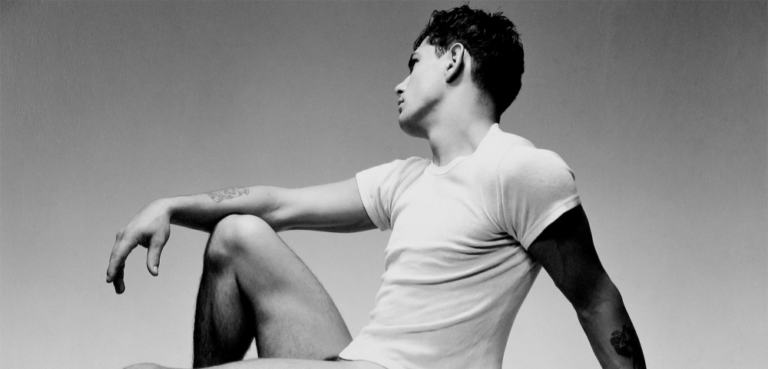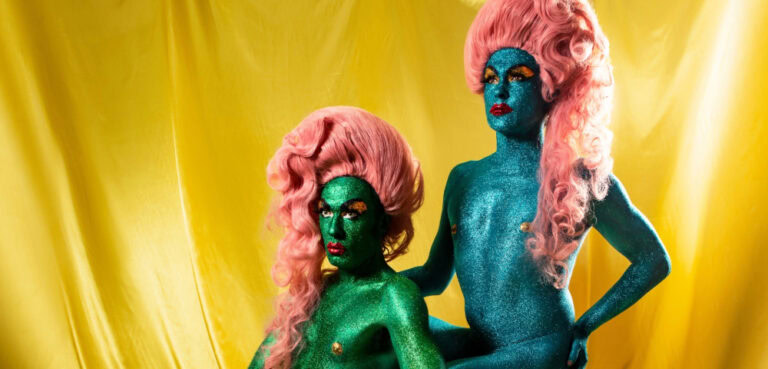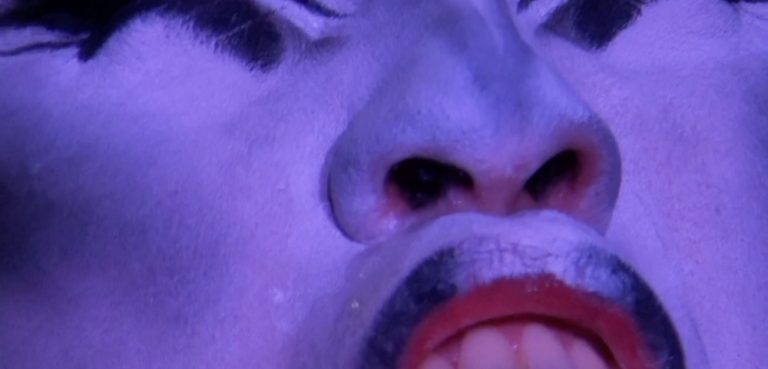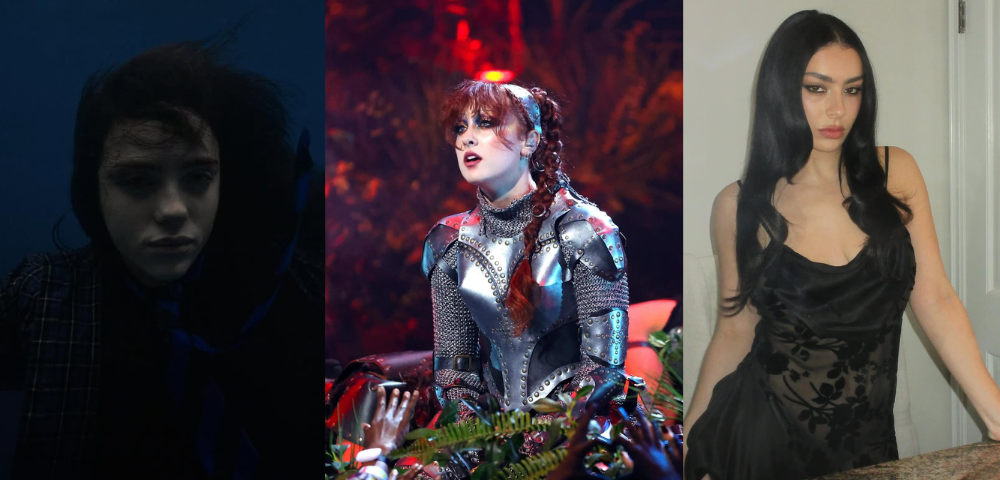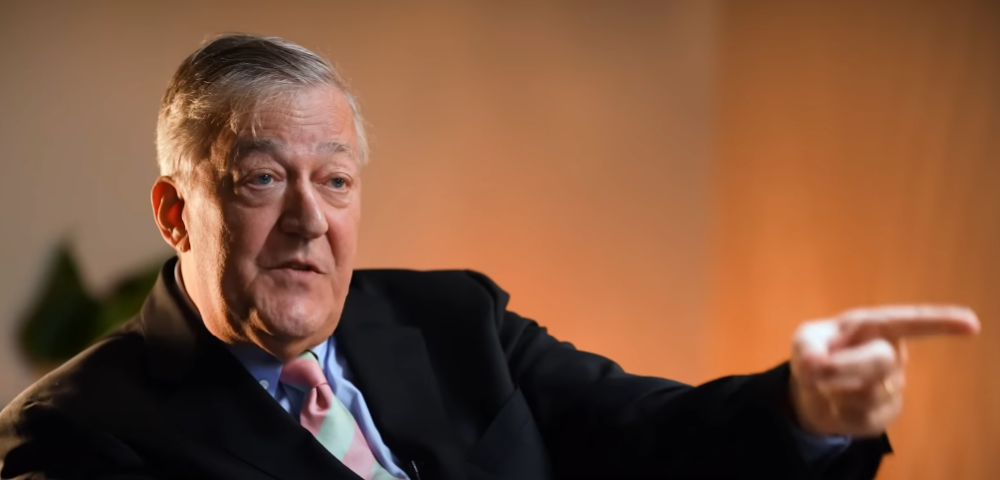
Grey Asexual People Explain How They Experience Dating, Sex and Attraction
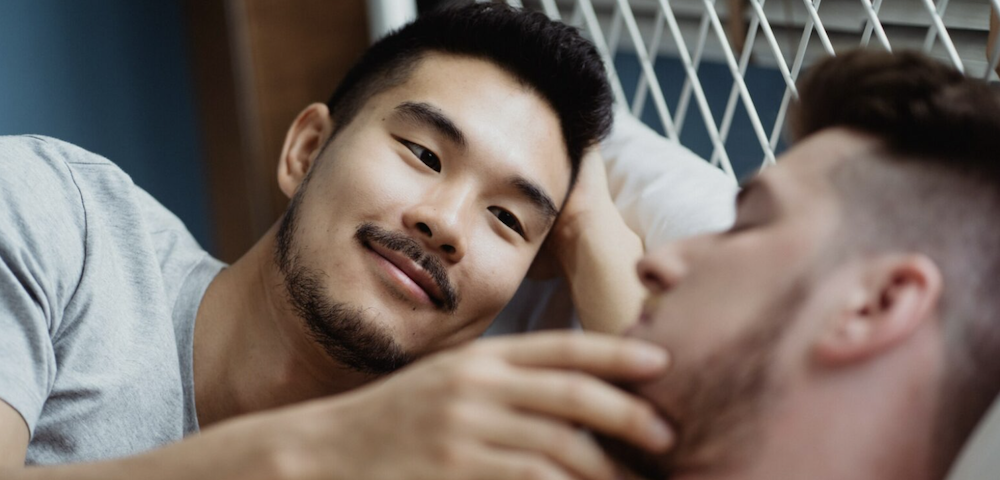
Asexuality encompasses a very broad range of experiences and wide array of identities – including grey asexual, demisexual, aromantic asexual, cupiosexual, and many more.
This includes a wide array of attitudes towards sex – while some asexual people feel no sexual desire or attraction at all, others might feel sexual desire but not attraction, or attraction but not sexual desire.
What is grey asexuality? (Also known as greysexuality or grey-ace)
Grey asexuals occupy a unique position in the spectrum, experiencing sexual attraction and desire, but not in the same way as allosexual (non-asexual) people.
They might have sexual feelings to a mild extent, rarely, or only under specific conditions. As such, sex tends to only be a small part of their lives, with priority given to romantic or emotional connections.
“I am attracted to people’s aesthetic. Doesn’t make me want to root them though,” says A, a disability pensioner.
What do grey asexual people experience?
For DW, a tabletop role-playing-game designer and newcomer to Melbourne, sexual desire is about as incomprehensible as AFL.
“For me, it’s like going into a group of people talking about sport, a sport you’ve never heard of and are not interested in. They’re all discussing the teams and getting into the stats and it’s like, ‘This is a conversation I feel I don’t belong in'”, says DW.
“But then someone invites you to a backyard game and you think “I’ll give this a go” and you have a pretty good time and lot of laughs – but you’re not going to buy a subscription to the sports channel or anything.”
As a grey asexual, they don’t have an inherent desire for sex, but will take a stab at it if it’s important to someone close to them.
“If someone I have an intimate connection with that I’m attracted to wants to do it, I’ll give it a red hot go,” they say.
“If it’s approached with respect, excitement, and lightness, then this thing that I’m normally disengaged from can be wholeheartedly engaged with.”
Grey areas in bed
Despite their infrequent use of pubic transport, grey asexual people still enjoy an occasional visit to pound town.
Like any leisure activity, they might engage in it to please a partner, out of curiosity, for perceived health benefits, or to experience physical or emotional pleasure.
Having sex doesn’t necessarily mean they’ve finally unleashed their secret freak, but rather they’ve made a conscious choice to do it, or the right circumstances have been met.
For A, sexual desire only develops within the context of a long-term relationship.
“I get more and more hot for people over time. 6 years with my previous partner and 7 years with my ex was about the time when I felt the safest and connected and into them enough to want to do sex – outside of the initial new relationship energy.”
Feeling asexy
L, a public servant in Canberra, says, “One thing that’s challenging is in the early stages of a relationship I experienced a lot of sexual desire, which was unusual for me. Now I’m pretty disinterested but it’s hard for my partner to understand that it was just a start-of-relationship thing, and actually I’ve never been that sexual.”
L worries that because society considers sex and romance synonymous, her partner won’t understand that her lack of sexual desire isn’t about them.
“It’s nothing to do with my partner … It’s actually that I’m just not interested in sex and would rather do other things like read books or garden,” they explain.
“I’m still interested in spending time with my partner and I’m not interested in sex with other people, but I suppose it can be hard for someone who’s not on the ace spectrum to get that.”
Grey asexuality on dating apps
How other people view grey asexuality is also a concern for A, who is open about their sexuality on dating apps.
“Don’t tell me that I’m hot or what you wanna do to me when we’ve just started talking on an app,” they urge. “Really off-putting. Shows zero understanding.”
For people wanting to know more about grey asexuality, DW has just one piece of advice:
“It’s a spectrum. Ask the person.”
Asexuality in Australia
Awareness of asexuality is growing in Australia, but it is a section of the LGBTQIA+ community that is still widely misunderstood.
Community group Australian Asexuals, an advocacy group for ‘all asexuals and everyone under the Ace Umbrella in Australia’, has been marching in the Sydney Gay and Lesbian Mardi Gras since 2016.
In an op-ed for Star Observer, asexual community advocate Kerry Chin wrote,
“The asexual (or “ace”) spectrum includes a range of different identities, including asexuality (experiencing little to no sexual attraction), demisexuality (only experiencing sexual attraction after developing an emotional bond), and grey asexuality (being in the grey area between asexual and allosexual).”
“It should be noted that ace identities are defined around sexual attraction, not behaviour or sexual history, and as with other sexual orientations, asexuality is not a choice.”

